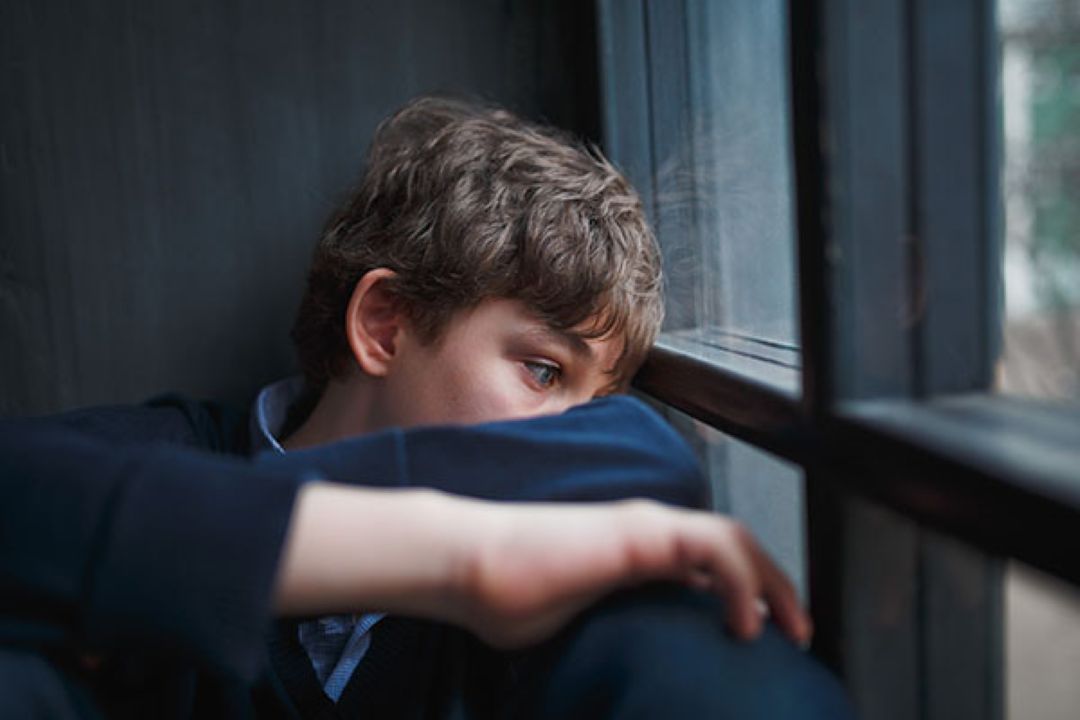
Shocking Fact: 1 in 10 Indonesian Teens Has Attempted Suicide, Here Are the Warning Signs
Casal dels Infants – Attempted suicide among children and adolescents is a stark reminder that mental health challenges are no longer limited by age. Today, young people are increasingly vulnerable to mental disorders, especially in the face of social pressure, academic demands, and rapid emotional development.
Indonesia’s Minister of Health, Budi Gunadi Sadikin, recently revealed a shocking statistic: 1 in 10 Indonesian adolescents aged 13–17 has attempted suicide more than once in the past 12 months. This serves as a serious alarm that teen mental health is not merely a private concern, it is a growing social crisis that demands collective attention.
Depression in adolescents often goes unnoticed because they tend to hide their true feelings. Outwardly, they may appear cheerful and “just fine,” but inside, they are silently battling anxiety and emotional distress.
“Continue Reading: Protein Powder for Children, Is It Necessary and Safe?”
According to Hilma Ramadina, a child and adolescent psychologist at Relasi Diri, teens frequently struggle to express their emotions openly.
“As adults, we must be more sensitive to the signs they might be showing,” said Hilma on Thursday (July 31).
Here are some common signs of depression in children and adolescents that parents, teachers, and caregivers should be aware of:
Teens dealing with depression may experience sudden emotional changes, one moment happy, the next angry or sad. They can become overly sensitive and easily irritated without clear reasons.
If a teen begins avoiding school, distancing themselves from friends, or spending long hours alone in their room, it may indicate they are struggling with internal stress or anxiety.
A teen who previously loved activities like sports, art, or other hobbies may suddenly lose interest. For example, a once-passionate young artist may completely stop drawing or painting.
Depression can disrupt sleep and eating patterns. Teens may have trouble sleeping or sleep excessively. Appetite might drastically decrease or increase. They may also feel tired all the time, even after getting enough rest.
Phrases like “I’m so tired,” “Maybe it’s better if I wasn’t here,” or “Nothing matters anymore” should never be ignored. These can signal that the teen feels hopeless or worthless.
“Statements like these indicate they may be in serious emotional distress. This is not something to be taken lightly, it’s a red flag,” Hilma emphasized.
Recurring physical symptoms like headaches, body aches, or digestive issues, without any clear medical cause, can be physical manifestations of emotional stress or unresolved psychological pain.
The role of adults is vital in preventing teen mental health crises. Create a safe emotional space where teens feel heard, supported, and accepted without fear of judgment.
Hilma suggests starting conversations with open-ended, reflective questions such as:
“How have you been feeling lately?”
“Is there anything that’s been weighing on your mind these days?”
Most importantly, listen without rushing to fix the problem. Sometimes, what a teenager needs most is simply someone who will listen with empathy and full attention.
Educating teens about emotional regulation is also essential. Help them understand that feeling negative emotions doesn’t make them weak. In fact, acknowledging those feelings is a natural and necessary part of growing up.
By recognizing early warning signs and fostering warm, open communication, we can help protect our teens and prevent more serious issues in the future.
“Read More: BTS’s V Sparks Excitement, Hints at Solo Comeback This August”